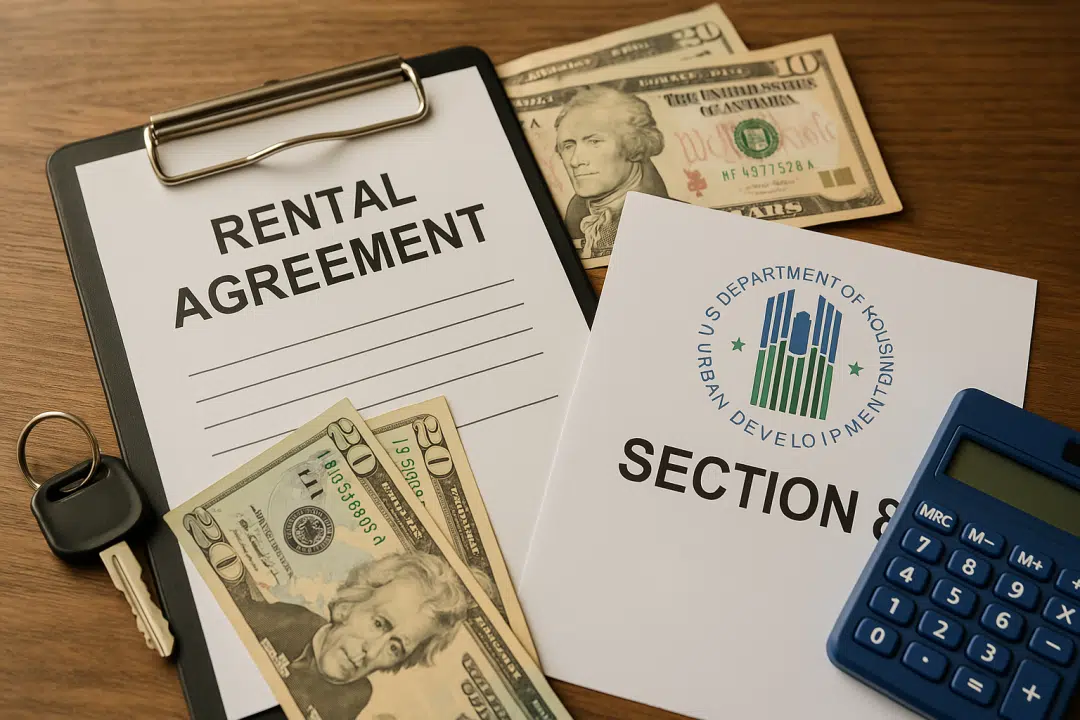Affordable housing projects across the U.S. face a critical blow as the Trump administration halts key HUD programs, threatening thousands of low-income families and seniors.

$60 Million in Section 4 Grants Frozen
The U.S. Department of Housing and Urban Development (HUD), under the direction of the Trump administration and the Department of Government Efficiency (DOGE), has cancelled contracts and frozen at least $60 million in Section 4 funding. Small community nonprofits use these grants as seed money to launch affordable housing developments.
GUIDE: How does Section 8 work?
Key Facts:
- The frozen grants were to be distributed by three national nonprofits.
- Two of those organizations—Enterprise Community Partners and Local Initiatives Support Corporation—had their contracts abruptly canceled.
- The nonprofits aimed to leverage further investment by using each grant dollar to draw up to $95 more in public and private capital.
- Projects in communities still recovering from disasters like Hurricane Katrina are now on hold.
“That will cost local jobs, hobble the creation of affordable homes, and stall opportunity in hundreds of communities,” said Shaun Donovan, CEO of Enterprise and former HUD secretary.
Projects Nationwide Left in Limbo
Nonprofits from Mississippi to Kentucky are now scrambling to stay afloat. In East Biloxi, for example, a $20,000 grant delay is jeopardizing environmental reviews and construction permits for a 36-unit development, putting investor confidence at risk.
“If the project stops altogether, we may never get it started again,” said Jonathan Green, a local nonprofit director.
Meanwhile, Habitat for Humanity, the third nonprofit designated to distribute funds, has yet to respond publicly—adding further uncertainty.
Trump’s Cuts Extend to $1 Billion Retrofit Program
Beyond Section 4, the administration has also halted the $1 billion Green and Resilient Retrofit Program, which supports energy upgrades and long-term preservation of Section 8 and low-income housing.
Impact Highlights:
- More than 25,000 affordable units were slated for critical repairs and updates.
- Projects must keep rents affordable for up to 25 years in exchange for funding.
- The program’s termination, confirmed by two HUD employees, could destabilize housing for low-income seniors, veterans, and disabled residents.
“This money was essential… Projects will fail,” said Mike Essian, VP at American Community Developers.
Real People, Real Consequences
Residents like Al Hase and Joan Starr, in their 70s, face an uncertain future. Their home at Smith Tower in Washington, home to 170 low-income seniors, is in desperate need of upgrades.
“It’s kinda terrifying,” Hase said. “It’s the difference between living and not being able to live.”
The awarding agency granted their building $10 million to install vital systems like sprinklers and new insulation. Now, that funding may never arrive.
DEI Crackdown Cited as Justification
One HUD letter cited Trump’s executive order targeting Diversity, Equity, and Inclusion (DEI) initiatives as the reason for terminating the contracts.
Political Fallout:
- Critics say the move targets equity-centered nonprofits.
- The Department of Government Efficiency has offered no clear roadmap for reallocating the funds.
“Each day of funding uncertainty increases the odds that deals will disintegrate,” said Linda Couch of LeadingAge.
The Bigger Picture: Housing Crisis Worsens
From urban senior towers to rural Katrina-hit neighborhoods, the halted programs affect housing in over 42 states, Washington D.C., and Puerto Rico. Advocates warn that the ripple effect could worsen an already dire housing crisis in America.
As projects stall, nonprofits are being forced to scale back or shut down entirely. And while a few deals may still move forward, hundreds more remain in jeopardy—along with the lives of those depending on them.
